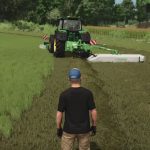

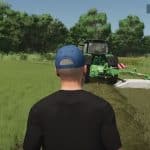
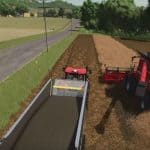

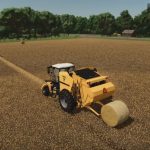

Exploring the New Contract System in FS25
Farming Simulator 25 introduces a revamped contract system, offering players both familiar and fresh experiences. In this guide, we’ll dive into what’s new, what’s changed, and how these updates might impact your gameplay. Let’s take a closer look at the pros, cons, and overall functionality of the updated contract system.
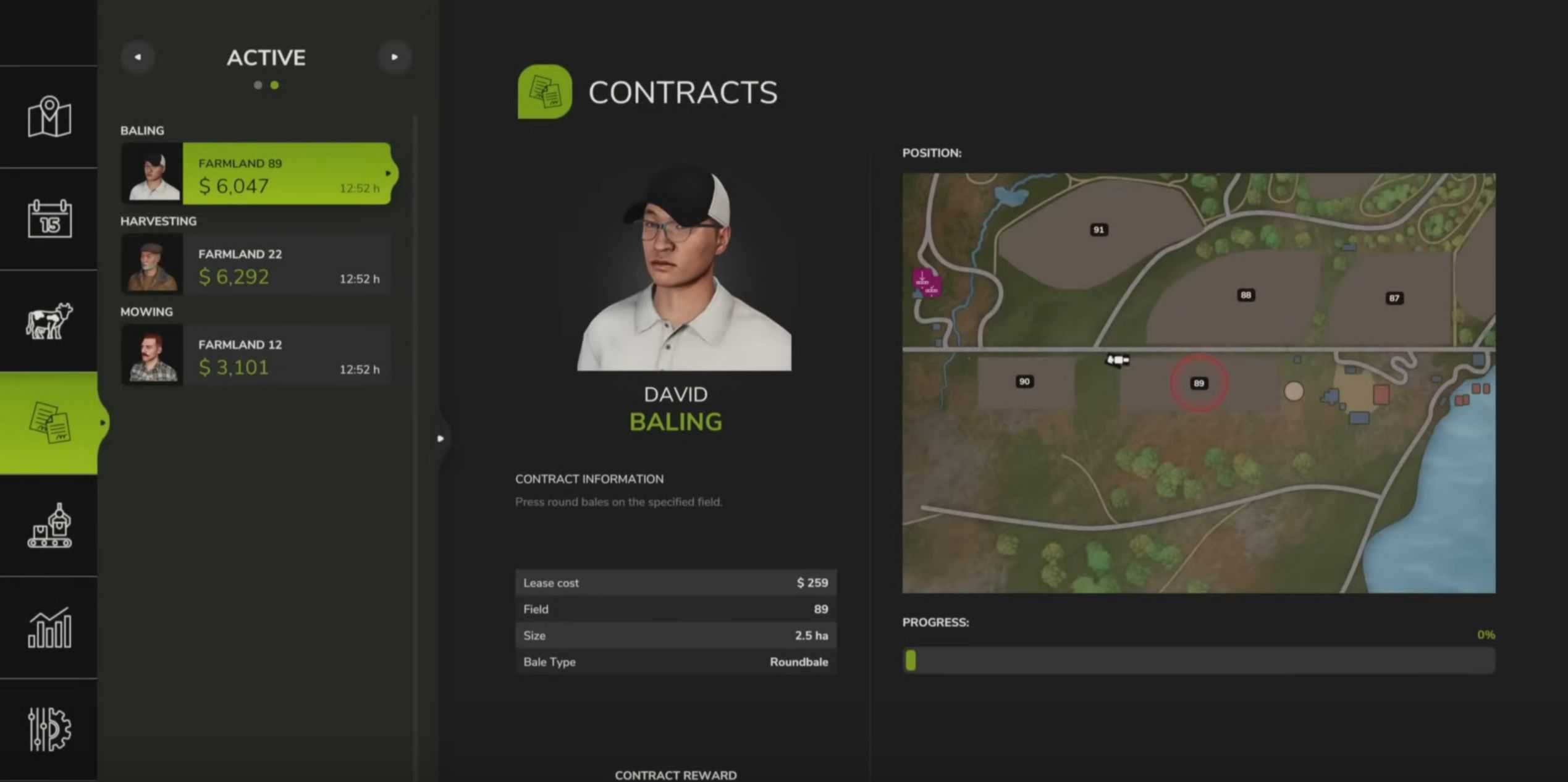
What’s New in the Contract System?
The contract system in Farming Simulator 25 brings some noteworthy changes compared to its predecessor, FS22. Here are the key updates:
- Real-Time Contract Tracking:
The top-right corner of the screen now displays your active contracts, the type of contract, and the field location. This eliminates the confusion of forgetting which field or task you’re working on, a common issue in FS22. - Time Limits for Contracts:
Contracts now have a visible countdown timer, showing how long you have to complete the task. This adds an element of urgency, especially for players who prefer to take their time. However, you can still save the game and return to an ongoing contract later, so it’s not as restrictive as FS17’s timed contracts. - New Deadwood Contracts:
Similar to the Silverrun Forest expansion in FS22, Deadwood contracts require you to cut down specific dead trees in a designated area. Once cut, you can transport and sell the wood for additional profit, provided you move it before completing the contract. - Expanded Contract Types:
In addition to standard contracts like fertilizing, harvesting, and sowing, FS25 introduces Rock Removal and Wood Transport contracts. These tasks are a carryover from the forestry-centric Silverrun expansion but have been integrated into the base game.
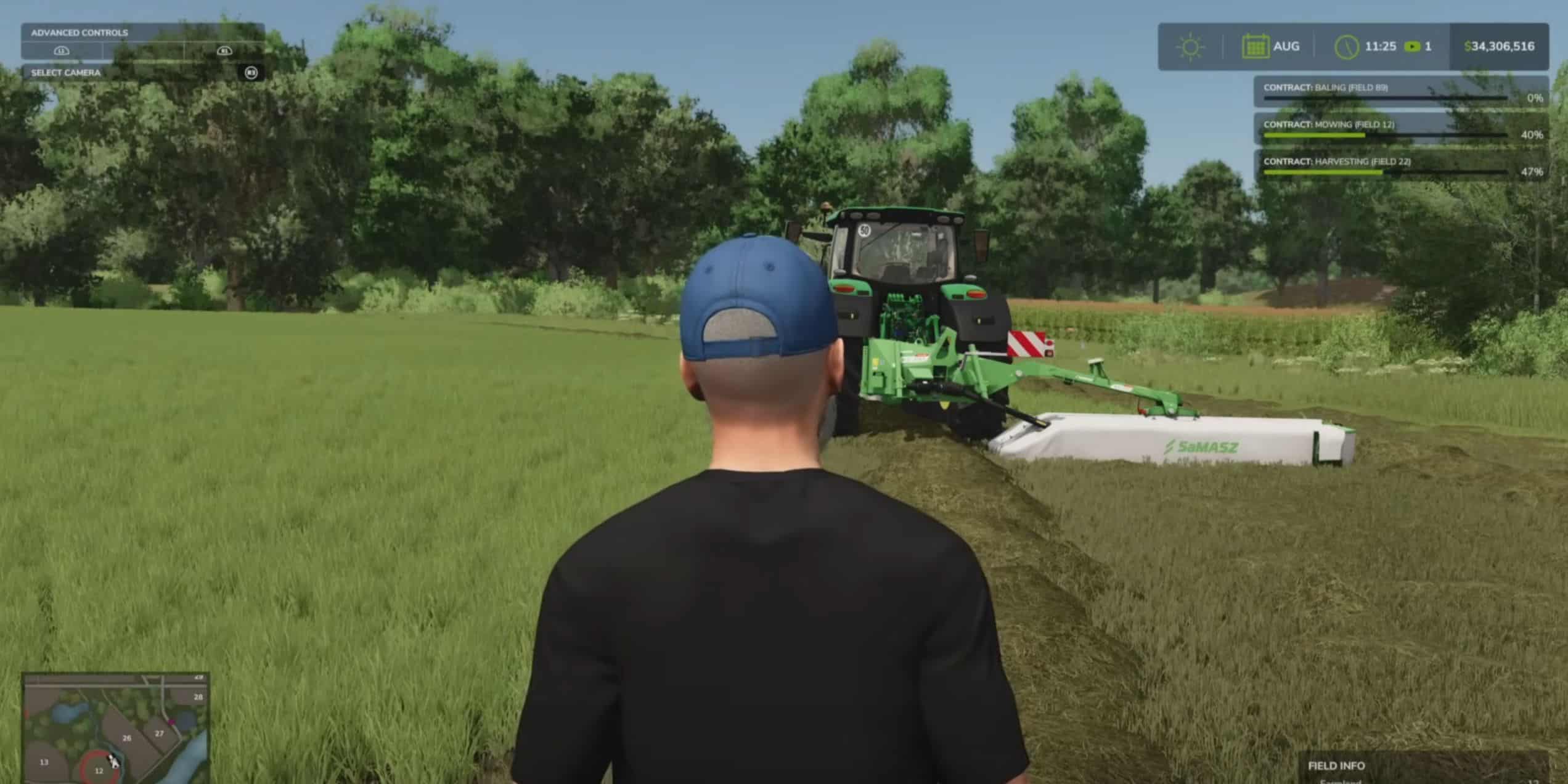
Changes to Mowing and Bailing Contracts: A Mixed Bag
One of the most significant changes in FS25 is how mowing and bailing contracts work:
- Mowing and Bailing Contracts Are Now Separate:
In FS22, players could combine mowing, tedding, and bailing into one cohesive task, allowing you to keep any excess bales for personal use. In FS25, however, mowing and bailing are split into distinct contracts, with no opportunity to keep leftover bales. This change has been met with mixed reactions among players. - Round Bale Contracts:
Another limitation is that certain contracts specify the type of bale required. For instance, a bailing contract might demand round bales, which means you can’t use a square baler even if you own one. This forces players to be more strategic when choosing which contracts to accept. - No More Keeping Excess Bales:
In previous versions, delivering more bales than required allowed you to keep the extras, which you could store for future use. In FS25, any leftover bales disappear once the contract is completed, removing the incentive to overproduce.
Player Feedback: Many players, including content creators, feel that this change takes away a level of immersion and reward. The old system allowed for a more organic farming experience where you could benefit from efficient work.
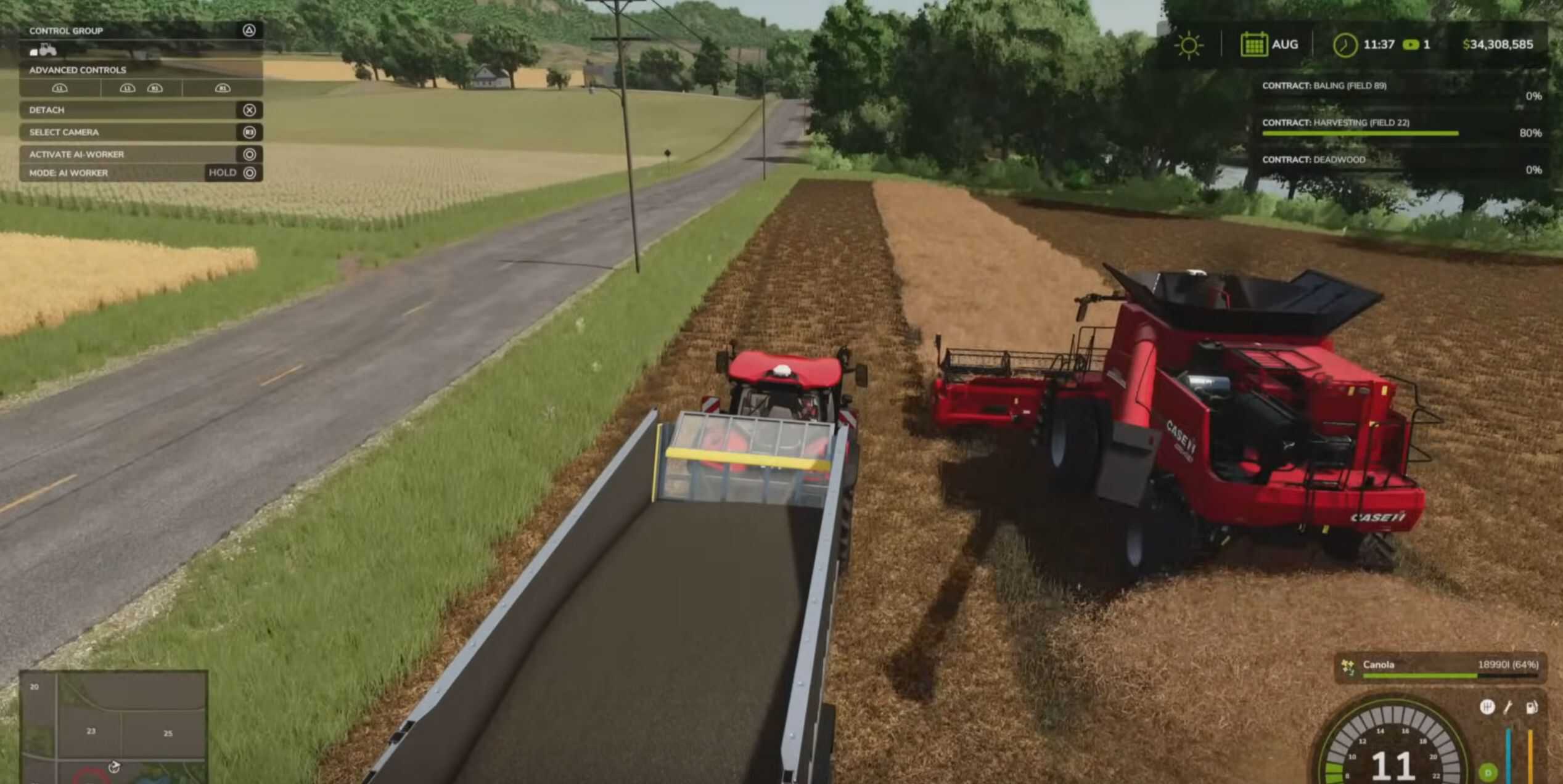
Utilizing AI Workers and GPS Integration
Farming Simulator 25 improves AI worker and GPS functionality, making it easier to complete contracts:
- Improved AI Workers:
AI workers are now more efficient, especially when using the GPS steering assist feature. This helps automate repetitive tasks like mowing, harvesting, or fertilizing. The system handles tight turns and headlands with ease, reducing the chance of AI workers getting stuck. - GPS Steering Assist:
The GPS feature allows you to set headlands and working directions, optimizing your fieldwork. This is especially helpful for large fields where precision is key.
Tip: While the AI system has improved, players may still find that hiring workers can cut into contract profits, especially during early gameplay when funds are limited.
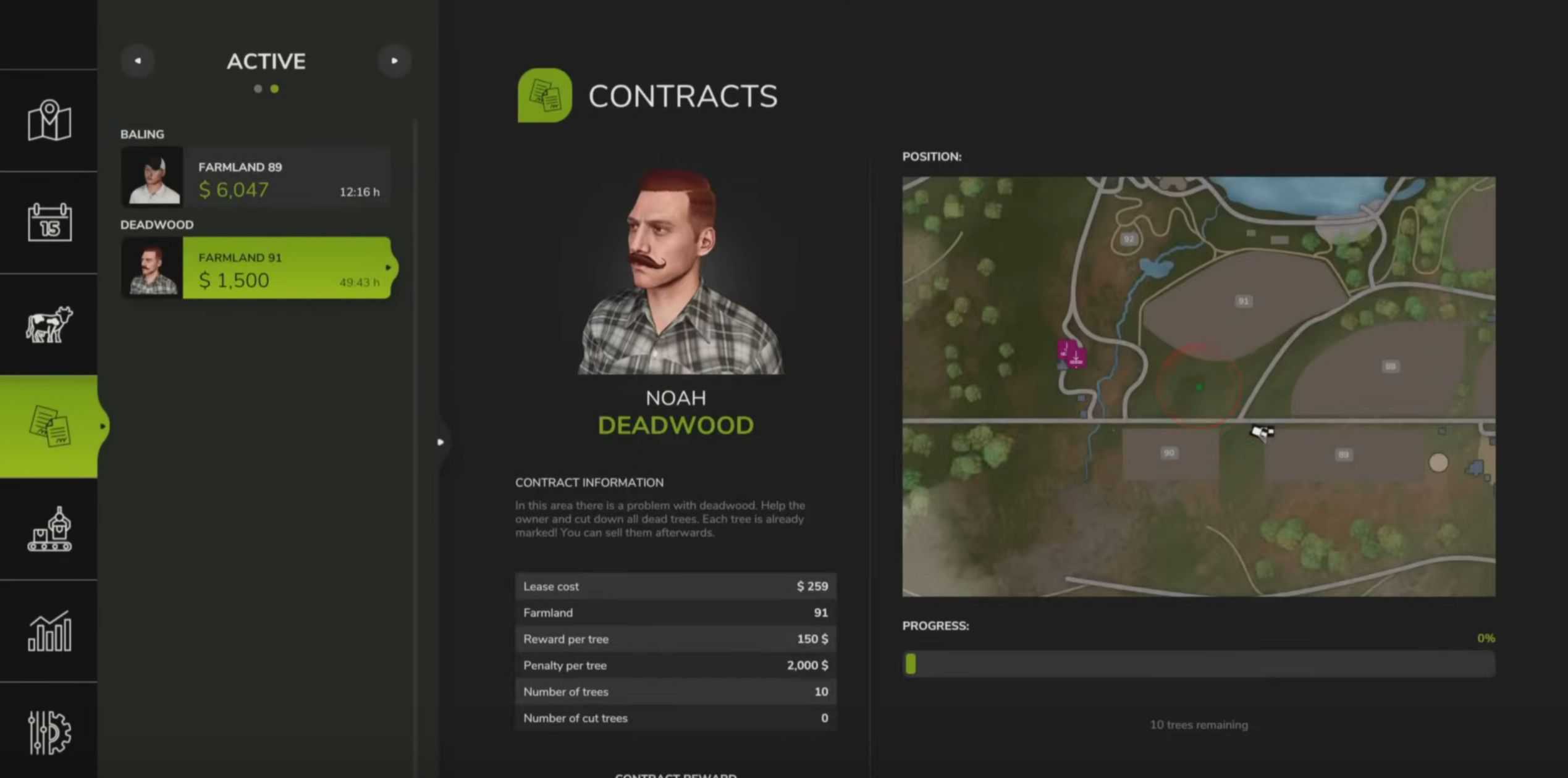
Deadwood and Harvest Contracts: Testing the New Features
Deadwood contracts have been expanded in FS25:
- Deadwood Contracts:
Players need to locate and cut down dead trees marked within a designated area. However, to maximize profit, it’s crucial to transport the wood before completing the contract. Once a contract is finalized, any uncollected wood disappears, which can be frustrating if you miss the chance to sell it. - Harvesting Contracts:
Harvesting contracts now specify where to deliver the produce, and you only get paid for what’s delivered to the assigned location. Like previous versions, once you hit the contract’s required delivery amount, any excess yield can be sold for extra income.
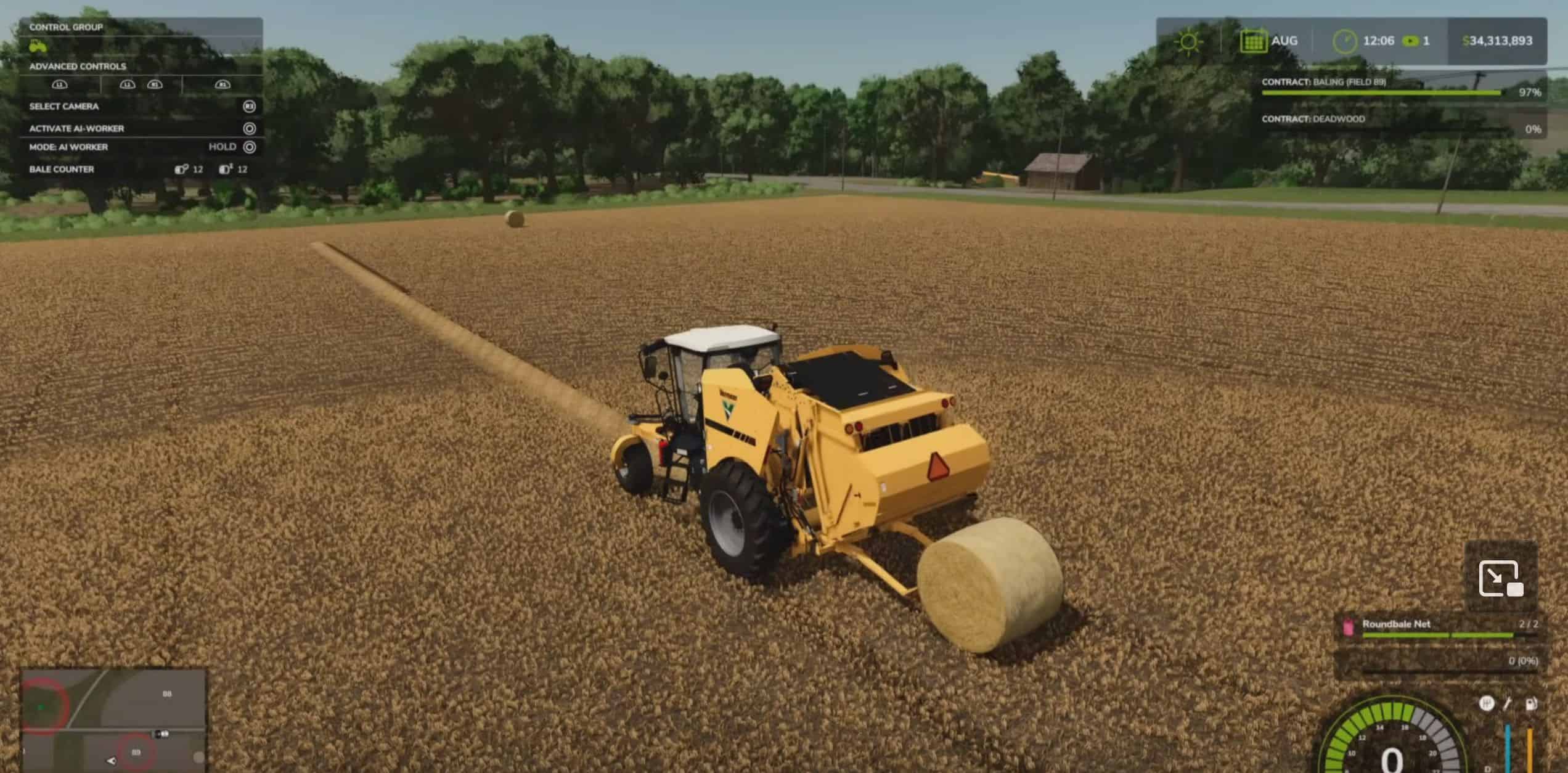
Final Thoughts: Is the New Contract System Better?
The new contract system in Farming Simulator 25 brings both improvements and limitations:
Pros:
- Real-time contract tracking is a welcome change, simplifying field management.
- Deadwood and Rock Removal contracts add diversity to the tasks you can undertake.
- The improved AI and GPS system streamline repetitive tasks, making contracts more efficient.
Cons:
- The separation of mowing and bailing contracts removes the flexibility players enjoyed in FS22.
- Losing the ability to keep leftover bales or extra crops after completing contracts takes away a layer of strategy and reward.
- The new time limits may pressure players who prefer a more relaxed farming experience.
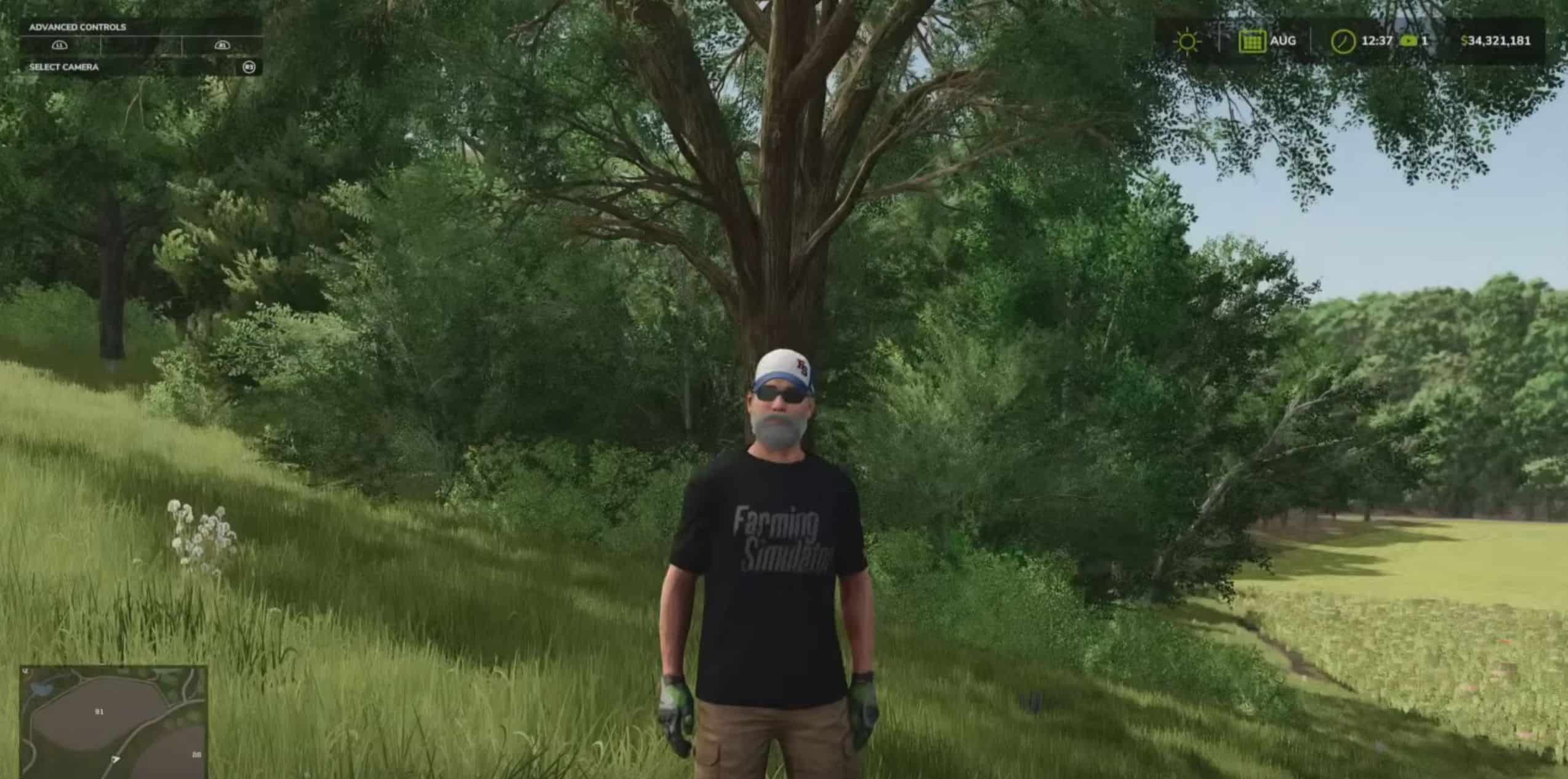
Conclusion
While Farming Simulator 25 introduces some exciting new features, the changes to the contract system may take time for players to adjust to. The loss of flexibility in bailing contracts and the inability to keep excess bales or crops may be a disappointment for long-time fans. However, the improved AI, Deadwood contracts, and GPS integration add valuable tools for efficient farm management.
What are your thoughts on the new contract system? Share your experience in the comments!

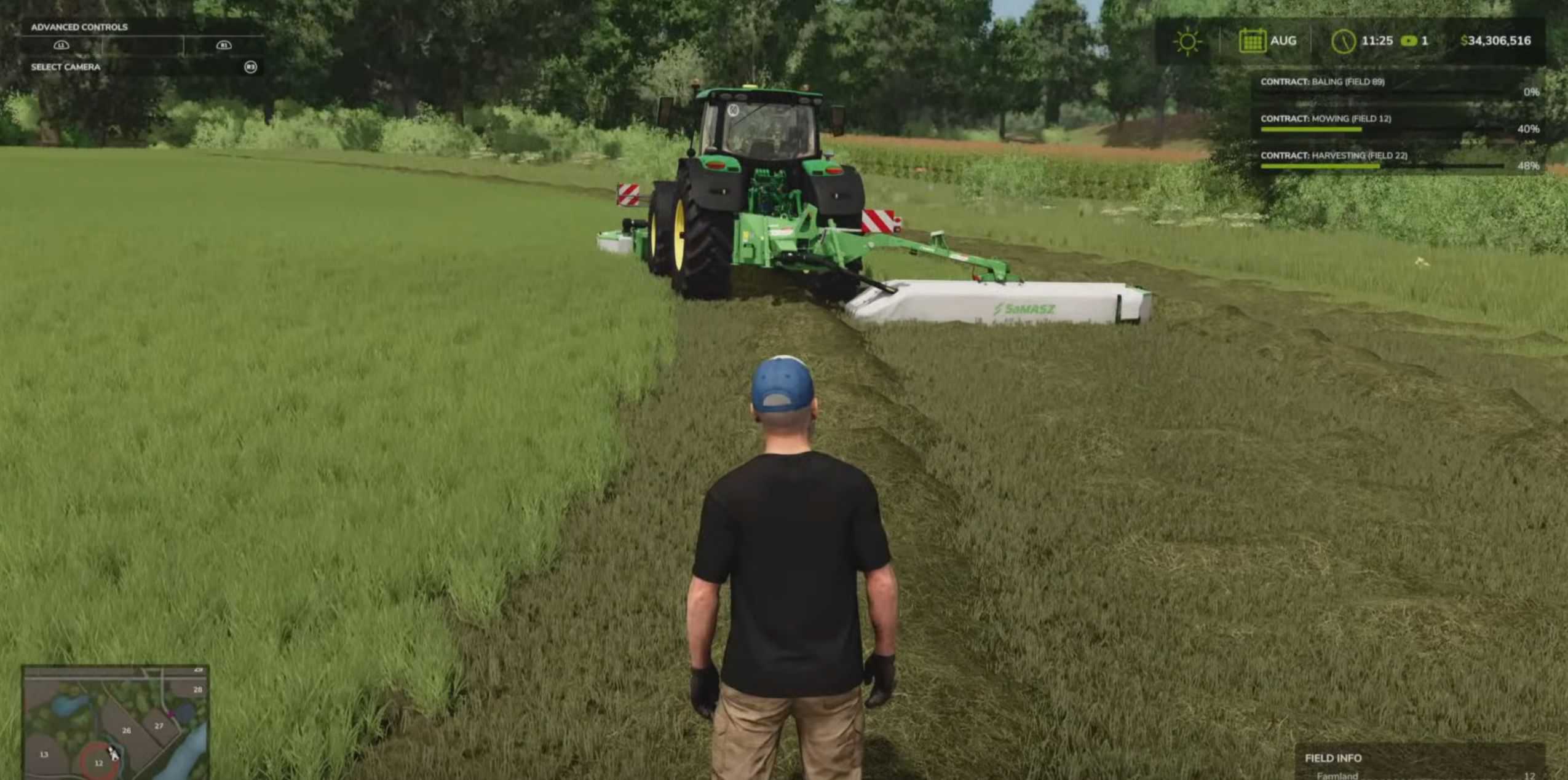
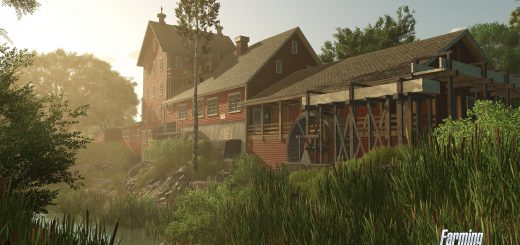
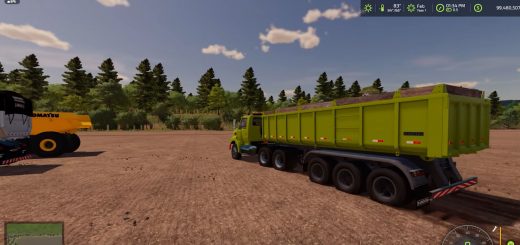


You for got to mention that if you deliver the required amount of product from a harvest contract before you have harvested all of the crop on the field (such as when you accept multiple contracts to harvest the same type of crop), you cannot harvest the remaining crop on the field.